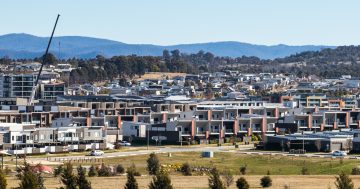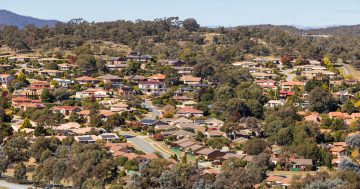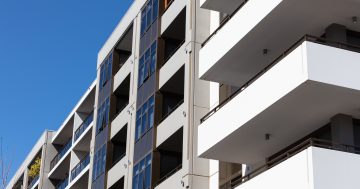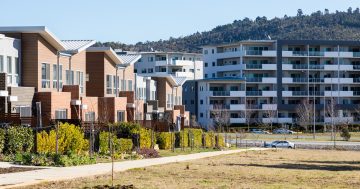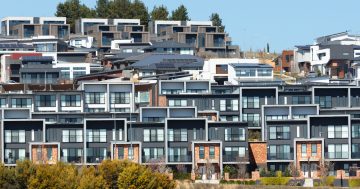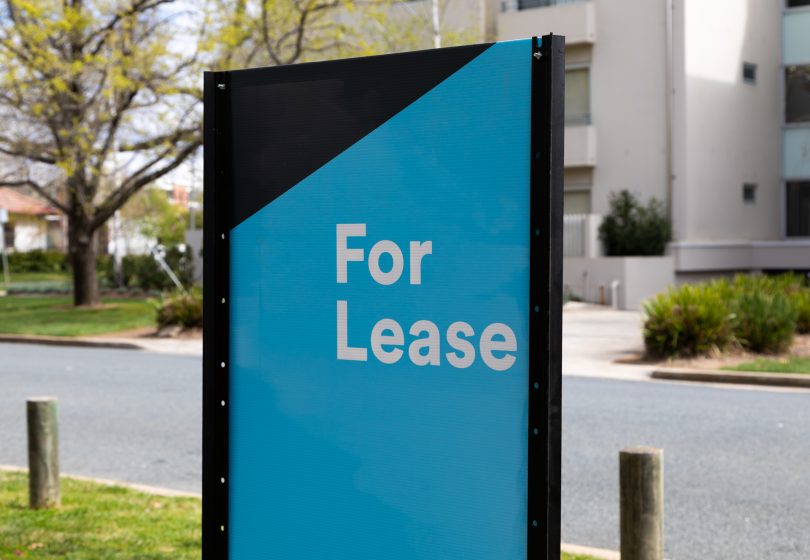
The relatively easier times for renters are over, with record-high rents in some areas and others rebounding from their lows. Photo: Michelle Kroll.
The migration tide has finally hit Canberra, pushing rents back up and squeezing vacancy rates.
CoreLogic’s new rental market update shows that the Canberra market is now firmly back on the upswing after evading the soaring rents of other capital cities, with new arrivals soaking up whatever excess supply there was.
The April update shows rent falls bottomed out at -3.4 per cent in the year to September 2023, but then bounced back over the past seven months, bringing the market back with a year-on-year increase of 1.8 per cent.
The median rent for a house in Canberra is now $721 a week, while for units it is $588.
Canberra has the second-highest median rent of the capital city markets, with weekly rent values at $674 across all dwellings.
Weston Creek had the largest annual rent growth in Canberra, at 3.4 per cent, followed by Tuggeranong where rents rose 2.8 per cent.
Five districts are still below their peak, but North Canberra, South Canberra and Tuggeranong have hit record highs.
The biggest decline from peak rent values was in Molonglo, where rent values were 4.7 per cent below the peak reached in September 2022, or the equivalent of weekly rents being $34 a week lower.
The biggest growth in median house rents was in Banks and Flynn (6.2%), while for units it was in Crace (5%).
The most expensive area to rent a home was in South Canberra where the median was $719 a week, led by Griffith ($1038) and Red Hill ($1009).
Rents there are up 1.9 per cent or $10 a week.
The cheapest area was Belconnen where the median was $645, and rents rose 1.7 per cent or $11.
Other medians are Tuggeranong, $674, up $18 a week; Molonglo, $674; Weston Creek, $679, up $22 a week; Woden Valley, $685, up 0.9 per cent and $6 a week; and Gungahlin, $693, up 1.3 per cent and $9 a week.
Other big mover suburbs were Franklin houses ($770 and 4.3%) in the north and Gowrie ($777 and 5.8%) in the south.
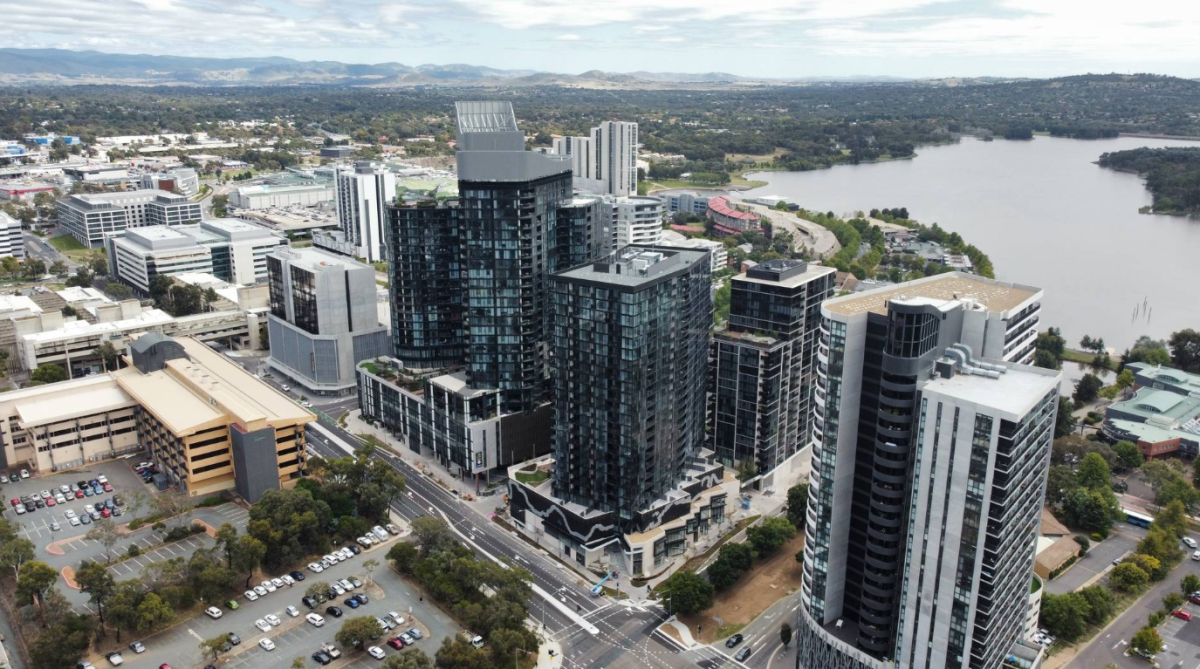
Belconnen Town Centre had the lowest median rent for units in the ACT. Photo: Zango.
The cheapest houses to rent were in Holt ($616) in the north-west, while the Belconnen Town Centre ($545) had the best value units.
Across the ACT, Bruce house rents fell (-2.0%), Casey units rose (2.2%), Cook houses fell (-1%), Coombs houses and units fell (-0.5%, -0.2%), Denman Prospect houses fell (-1.1%), Farrer houses fell (-1.8%), Garran houses fell (-0.2%), Hawker units rose (2%), Holt units fell (-0.8%), Kambah units rose (1.2%), Lawson units fell (-0.3%), Lyneham houses fell (-0.3%), Macquarie houses fell (-0.9%), Moncrieff houses fell (-1%), Narrabundah houses fell (-0.8%), Nicholls houses rose (0.1%), Palmerston units fell (-1%), Scullin houses fell (-0.7%), Strathnairn houses fell (-1.7%), Taylor units fell (-3%), Torrens houses fell (-0.1%), Wanniassa houses fell (-0.8%), Whitlam fell (-1.7%), Wright rose (0.1%) and Yarralumla rose (0.8%).
CoreLogic Head of Research Eliza Owen said the ACT’s relative immunity from the migration pressures driving rental markets across the country was well and truly over.
Ms Owen said overseas migration had picked up, and it now outweighed the number of people leaving the ACT.
“Internal population outflows were outweighing the number of people going to Canberra through 2023, and we started to see that kind of deepen over the year, but net overseas migration is back up to these record highs, with over 8000 people added to the population in the year to September 2023 from overseas migration,” she said.
This included international students, who are now almost back to pre-pandemic levels.
Ms Owen said most overseas arrivals to Australia were renters when they first arrived in the ACT.
She said softer rents may have also attracted more people to Canberra, including from regional NSW.
“It seems like, across a lot of the country, any market that was showing a bit of softness in 2023 is now attracting more demand because it was a relatively acceptable market for tenants,” Ms Owen.
Ms Owen said investors had returned to the market through 2023 but not to a level to keep pace with the extraordinary boost to net overseas migration.
She said the Centre of Population was estimating that this spike in net overseas migration could normalise next financial year.
Ms Owen agreed that the Canberra market would remain tight and expensive without more housing supply, especially for the less well-off.
“The under investments in social and affordable housing nationally have led to more dependence on the private rental market among those lower-income households,” she said.
“But as homeownership rates have declined over time, higher income households have found themselves in the private rental space as well.
“So that means more competitiveness and also a lot more vulnerability for those on the lower end of the spectrum.”












